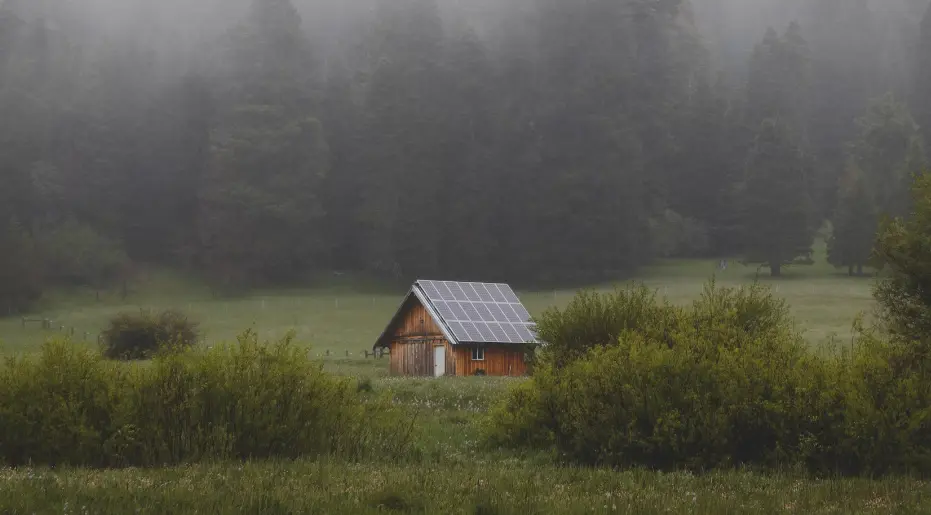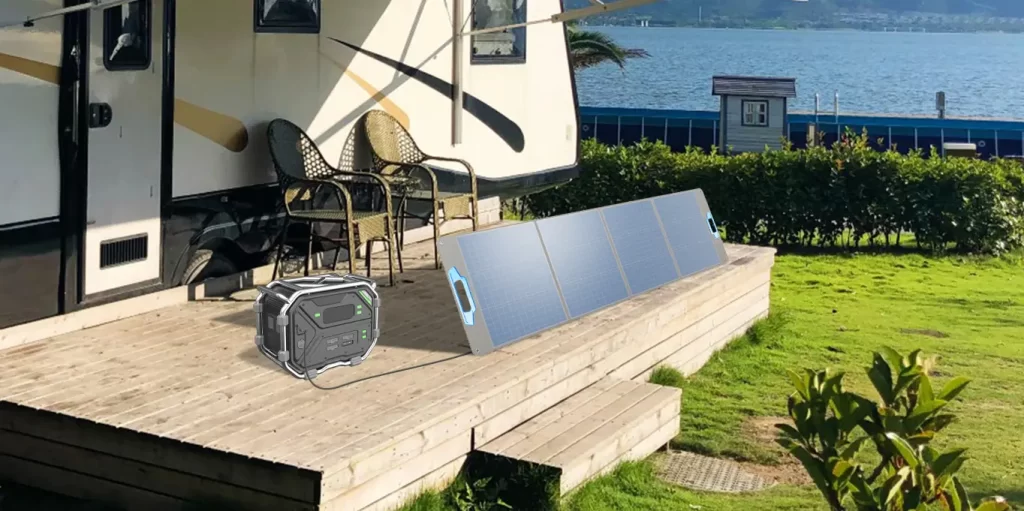
Going off the grid can be a major lifestyle change, but it can also be incredibly rewarding if done thoughtfully. Here are some steps to help you get started:
Assess Your Motivation and Goals
- Why do you want to go off the grid? Understanding your motivation will help guide your decisions.
- Set clear goals: Whether it’s reducing your carbon footprint, achieving self-sufficiency, or seeking solitude, having clear objectives will keep you focused.
Research and Plan
- Educate Yourself: Read books, watch documentaries, and follow blogs about off-grid living.
- Create a Plan: Outline what you’ll need in terms of resources, skills, and time.
Choose a Location
- Climate: Consider the weather conditions and how they will affect your ability to grow food, generate power, and collect water.
- Accessibility: Think about how easy or difficult it will be to reach your location for supplies or emergencies.
- Legal Considerations: Check zoning laws and building codes to ensure you’re allowed to live off-grid in your chosen area.
Secure Shelter
- Build or Buy: Decide whether you’ll build your own home, buy a pre-existing structure, or use an alternative like a tiny house or yurt.
- Sustainable Materials: Use eco-friendly, sustainable materials for construction.
Water Supply
- Wells: Consider drilling a well if groundwater is available.
- Rainwater Harvesting: Set up systems to collect and store rainwater.
- Filtration: Ensure you have proper filtration systems to make the water potable.
Energy Sources
- Solar Power: Install solar panels to harness energy from the sun.
- Wind Power: If feasible, consider wind turbines.
- Backup Generators: Have a backup generator for emergencies.

Waste Management
- Composting Toilets: Use composting toilets to manage human waste sustainably.
- Greywater Systems: Recycle greywater from sinks and showers for irrigation.
- Recycling and Composting: Set up systems to recycle and compost household waste.
Food Production
- Gardening: Start a garden to grow your own fruits and vegetables.
- Livestock: Consider raising chickens, goats, or other livestock for eggs, milk, and meat.
- Preservation: Learn techniques for preserving food through canning, drying, and fermenting.
Communication and Connectivity
- Internet: Satellite internet can provide connectivity if needed.
- Emergency Communication: Have a reliable way to communicate in case of emergencies, such as a satellite phone or ham radio.
Develop Necessary Skills
- DIY Skills: Learn basic carpentry, plumbing, and electrical work.
- First Aid: Be prepared to handle medical emergencies with first aid training.
- Survival Skills: Acquire skills like fire-starting, foraging, and hunting.
Financial Planning
- Budgeting: Create a budget for initial setup costs and ongoing expenses.
- Income: Consider ways to generate income, such as remote work, selling produce, or offering services.
Community and Support
- Find Like-minded People: Connect with others who live off-grid for advice and support.
- Local Resources: Identify local resources like farmers’ markets, co-ops, and community groups.
Legal and Regulatory Compliance
- Permits: Obtain any necessary permits for building, water use, and waste disposal.
- Taxes: Understand your tax obligations even when living off-grid.
Final Tips
- Start Small: Begin with small projects and gradually expand as you gain experience.
- Be Flexible: Adaptability is key; things may not always go as planned.
- Stay Informed: Keep learning and stay updated on new technologies and methods for sustainable living.
By following these steps and doing thorough research, you can successfully transition to an off-grid lifestyle that suits your needs and goals.




